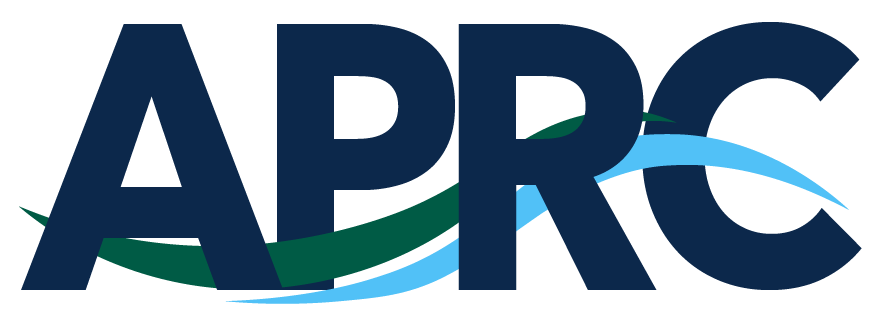At the Asia-Pacific Regulatory Centre (APRC), our methodology is rooted in a comprehensive, evidence-based approach that ensures our initiatives and activities are effective, relevant, and impactful. We employ a variety of research and engagement strategies to promote regulatory excellence and sustainable development across the Asia-Pacific region. Here’s an overview of our key methodological components:
1. Evidence-Based Research
Our commitment to rigorous research is fundamental to our approach:
- Data Collection: We employ both qualitative and quantitative data collection methods, including surveys, interviews, focus groups, and case studies to gather comprehensive information on regulatory challenges and practices.
- Literature Review: Our research begins with an extensive review of existing literature, policies, and frameworks relevant to the regulatory environment. This helps us identify gaps and opportunities for improvement.
- Impact Assessment: We conduct evaluations of existing regulatory frameworks to assess their effectiveness, efficiency, and equity. This involves analyzing outcomes and impacts on stakeholders, communities, and the environment.
2. Stakeholder Engagement
Engaging with a diverse range of stakeholders is essential to our methodology:
- Collaboration: We foster collaboration among governmental bodies, regulatory agencies, industry experts, civil society organizations, and local communities. This multi-stakeholder approach ensures that our initiatives reflect a broad spectrum of perspectives and needs.
- Consultation Workshops: We organize workshops and roundtable discussions that bring together stakeholders to share insights, discuss challenges, and collaboratively develop solutions. This participatory approach enhances community buy-in and ownership of regulatory reforms.
- Feedback Mechanisms: We continuously seek feedback from stakeholders throughout the research and implementation phases to ensure our work remains relevant and responsive to their needs.
3. Capacity-Building Initiatives
We place a strong emphasis on empowering individuals and organizations through capacity building:
- Tailored Training Programs: Our workshops and training sessions are customized to address the specific needs of participants, covering essential topics such as regulatory compliance, risk management, and stakeholder engagement.
- Hands-On Learning: We use interactive training methodologies, including simulations, role-playing, and case studies, to enhance learning outcomes and provide practical skills.
- Resource Development: We provide participants with practical tools, guides, and resources that can be applied in their roles to enhance regulatory practices and compliance.
4. Policy Advocacy
Our advocacy work is strategic and driven by research and stakeholder engagement:
- Targeted Campaigns: We design advocacy campaigns focused on specific regulatory reforms or issues that are critical to sustainable development. These campaigns are based on evidence gathered through our research.
- Strategic Partnerships: We collaborate with partners and stakeholders to amplify our advocacy efforts, ensuring a collective impact on policy changes.
- Public Awareness: We aim to raise public awareness of key regulatory issues through communication strategies such as publications, presentations, and social media engagement.
5. Continuous Evaluation and Improvement
To ensure effectiveness and adaptability, we incorporate a continuous evaluation process into our methodology:
- Monitoring and Evaluation (M&E): We have robust M&E frameworks in place that track the progress and impact of our initiatives. This involves setting clear objectives and indicators, collecting data, and analyzing results.
- Lessons Learned: We conduct periodic reviews and evaluations to identify successes and areas for improvement. Lessons learned are integrated into future initiatives, fostering a cycle of continuous improvement.
- Feedback Integration: Feedback from stakeholders, participants, and partners is systematically integrated into our programs to enhance relevance and effectiveness.
For more information about our initiatives or collaboration opportunities, please contact us.

